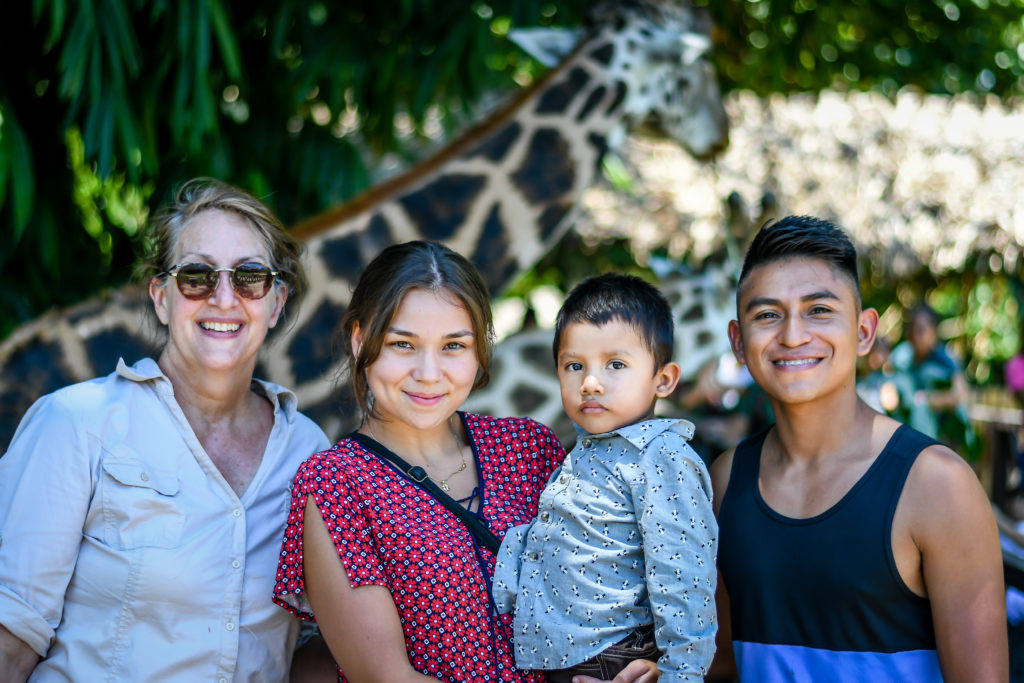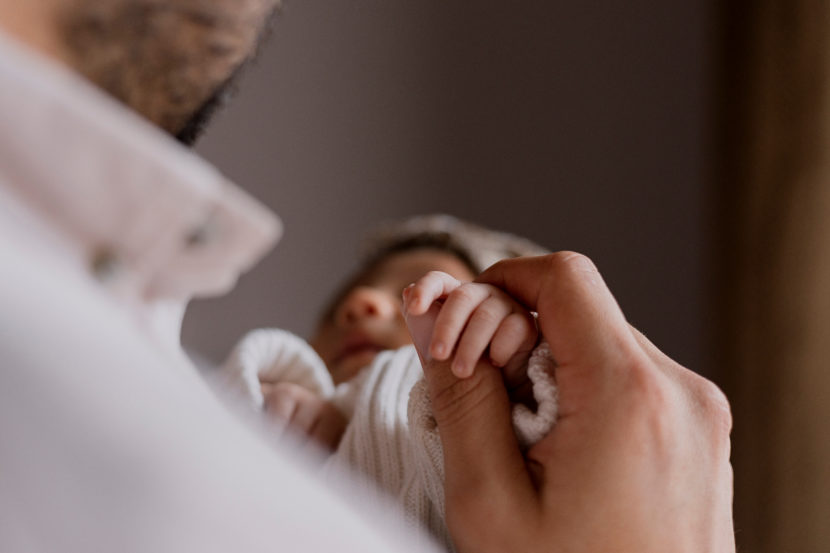Since 1996, Guatemala has been facilitating international adoptions, which has led to unethical practices by baby brokers deceiving Indigenous mothers into giving up their children. Fortunately, in 2008, responding to public outcry, the country banned these unhealthy international adoption practices. Yet, many Guatemalan adoptees, now adults raised abroad, face distressing realizations.
The reality of adoption in Guatemala
Situated as the most populous nation in Central America, Guatemala grapples with substantial socioeconomic issues, as approximately 75% of its 14.6 million residents live below the poverty line. Against this backdrop, the country commenced international adoptions in 1996, a pivotal moment following the conclusion of its 36-year civil war (Marker Content, n.d.).
Over time, Guatemala’s adoption system evolved into a commercial enterprise, leading to a significant rise in adoption costs from $3,500 to $45,000 per child. This escalating financial burden not only failed to deter prospective adoptive parents but also created an environment conducive to unethical practices by baby brokers (Nolan, 2024).
In Guatemala, while both local and international laws mandate the consent of birth mothers for adoptions to proceed, instances arose where women faced coercion to relinquish their babies or sign incomprehensible documents. Moreover, pregnant women were approached and tempted with compensation in violation of legal norms (Nolan R, 2024).
From privatized adoption to child migration
Between 1977 and 2007, Guatemala stood alone as the sole nation permitting fully privatized adoptions. This unique circumstance facilitated the collaboration between lawyers and baby brokers. From 1999 to 2007, around 30,000 children, predominantly from Indigenous backgrounds, were adopted and placed in the United States (Washington, n.d.).
The prolonged violence in the country not only prompted a surge in unethical adoptions but also instigated a continuous wave of emigration from the country. In 2022, more than 60,000 children from Guatemala crossed the US-Mexico border without their parents. While some of these children end up with relatives in the US, others are placed with unrelated sponsors (Washington, n.d.)
The long road to reunion
In 2008, the country prohibited international adoptions following public outcry. However, a significant portion of Guatemalan adoptees, now adults raised in the United States and Europe, have come to a distressing realization. In response, some adoptees are bringing attention to their experiences through media channels, hoping to reunite with their biological families (Acevedo, 2019).
In most cases, the adopted children seek answers about their origins and yearn to connect with their biological mothers. They turn to non-profit organizations aiming to uncover the stories of Guatemala’s overlooked children, hoping to learn about their roots and reunite with their birth mothers (Rolz & Rodriguez., 2023).
Despite the organizations’ efforts, the process of reuniting families is slow and arduous. However, amidst these challenges, there is a glimmer of hope—a growing number of adult adoptees are choosing to return to Guatemala. This trend represents a potential avenue for reconnecting with birth families and reclaiming lost identities (Currier, 2024).
The role of adoptive parents and community
The troubling events in Guatemala, South Korea, and Peru led to the creation of the Hague Convention on Intercountry Adoption in 1993. This convention aims to safeguard families from the risks associated with illegal adoptions abroad. Operating through national Central Authorities, it upholds the principles of the UN Convention on the Rights of the Child, ensuring that intercountry adoptions prioritize the child’s fundamental rights (HCCH, n.d.).
International adoptions, particularly in countries like the US, where a significant number of children are adopted from developing nations, strictly adhere to international laws such as the Hague Convention. However, upon reaching adulthood, adoptees often struggle with feelings of not fitting into the country where they were raised, especially if the adoption is transracial (Justia, 2023).
That is why the adoptive parents play a crucial role in supporting connections between the adopted child and their birth culture. To truly support adopted adults, building robust support networks comprising other adopted individuals and knowledgeable professionals can offer proper validation and guidance (Sanchez-Sandoval, 2017).

Humanium is dedicated to safeguarding children’s rights, which includes staunchly opposing illegal adoptions in Guatemala. Through our partnership with La Alianza, we’ve conducted a project to actively combat this issue. Together, we were able to provide vital support to teenage mothers and their babies who have been affected by trafficking and sexual violence.
Your involvement matters. Consider volunteering your time, becoming a member, or making a donation if our mission resonates with you.
Written by Lidija Misic
Bibliography:
Acevedo Nicole (2019), A painful truth: Guatemalan adoptees learn they were fraudulently given away. Retrieved from NBC News at https://www.nbcnews.com/news/latino/painful-truth-guatemalan-adoptees-learn-they-were-fraudulently-given-away-n1095066, accessed on April 28, 2024.
Currier Cora (2024), Searching for Guatemala’s Stolen Children. Retrieved from The New Republic at https://newrepublic.com/article/177843/searching-guatemalas-stolen-children-rachel-nolan-review, accessed on April 28, 2024.
Hague Conference on Private International Law (n.d.), Convention of 29 May 1993 on Protection of Children and Co-operation in Respect of Intercountry Adoption. Retrieved from HCCH at https://www.hcch.net/en/instruments/conventions/full-text/?cid=69, accessed on April 18, 2024.
Justia (2023), International Adoptions & Legal Issues. Retrieved from Justia at https://www.justia.com/family/adoptions/types-of-adoption/international-adoptions/, accessed on April 18, 2024.
Market Content (n.d.), Guatemalan Adoption Retrieved from Market Content at https://www.markercontent.com/articles/lifestyle/guatemalan-adoption-253283, accessed on April 18, 2024.
Nolan Rachel (2024), Guatemala’s baby brokers: how thousands of children were stolen for adoption. Retrieved from The Guardian at https://www.theguardian.com/news/2024/jan/04/guatemalas-baby-brokers-how-tens-of-thousands-of-children-were-stolen-for-adoption, accessed on April 18, 2024.
Rolz Isabella & Rodriguez Jorge (2023), Guatemala’s Forgotten Voices. Retrieved from Think Global Heath at https://www.thinkglobalhealth.org/article/guatemalas-forgotten-voices, accessed on April 18, 2024.
Sanchez-Sandoval Yolanda (2017), Mental health and psychological adjustment in adults who were adopted during their childhood: A systematic review. Retrieved from ScienceDirect at https://www.sciencedirect.com/science/article/abs/pii/S0190740917300099, accessed on April 18, 2024.
Washington John (n.d.), Children for Sale–When Guatemalan adoption became big business. Retrieved from Harper’s Magazine at https://harpers.org/archive/2024/04/children-for-sale/, accessed on April 18, 2024.


